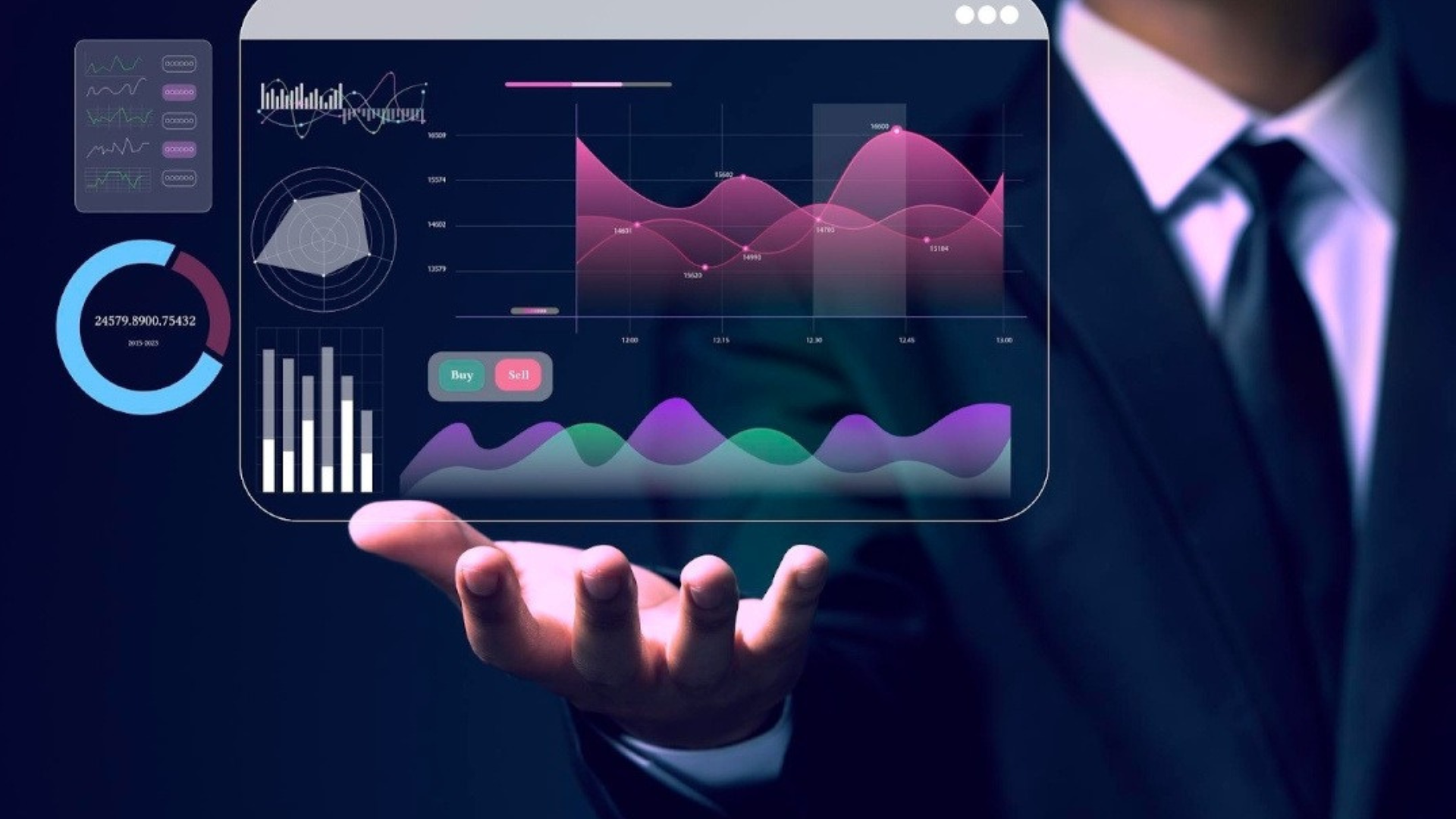Beyond Dashboards: Integrating AI with Tableau for Smarter, Autonomous Data Insights
Read Time
4 min
In a rapidly evolving landscape of data analytics, the integration of Artificial Intelligence (AI) with platforms like Tableau is not just a trend but a transformative shift that enhances how organizations derive insights from their data. This evolution signifies a move beyond traditional dashboards to more intuitive, autonomous data experiences that empower users at all levels.
The Rise of AI in Data Analytics
AI technologies are revolutionizing data analytics by enabling organizations to harness vast amounts of data more effectively. Tableau’s integration of AI capabilities allows users to automate complex analytical tasks, thereby democratizing access to data insights. This shift is characterized by the emergence of augmented analytics, which simplifies the process of building predictive models and generating insights without requiring extensive data science expertise.


Key Features of AI Integration in Tableau
- Tableau Pulse: Centralizes personalized insights in a newsfeed-style interface, allowing easy access to critical data. AI capabilities help identify trends, generate insights, and send KPI change alerts within workflows
- Generative AI Integration: Simplifies data analysis through natural language summaries, question suggestions, and root-cause analyses, making interpretation accessible for non-technical users.
- Metrics Layer: Standardizes metric definitions across the organization, enhancing data clarity and fostering trust in shared KPIs.
- Viz Navigation for Text Tables: Improves user experience by streamlining navigation and interaction with text tables for quick data access.
- AWS Marketplace Availability: Facilitates easier access and deployment for AWS customers, enabling rapid scaling and efficient infrastructure management.
Enhancing Decision-Making with Predictive Insights
Tableau’s AI integration allows businesses to predict future trends and data points. Machine Learning algorithms can be directly integrated into dashboards to allow users to create prediction models that review the current state of affairs and assess the possible outcomes. With the help of this skill, organizations may stop taking a countermeasure approach rather than using insights from the data to make proactive decisions.
Benefits of AI Driven Insights
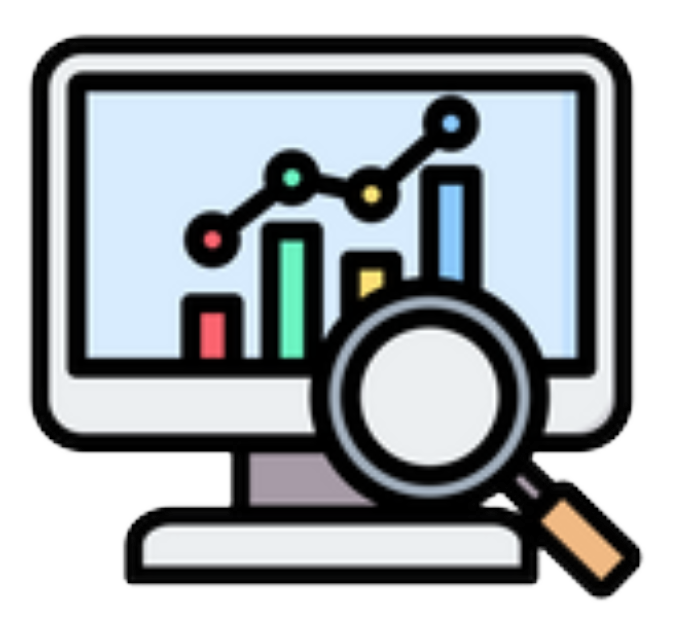
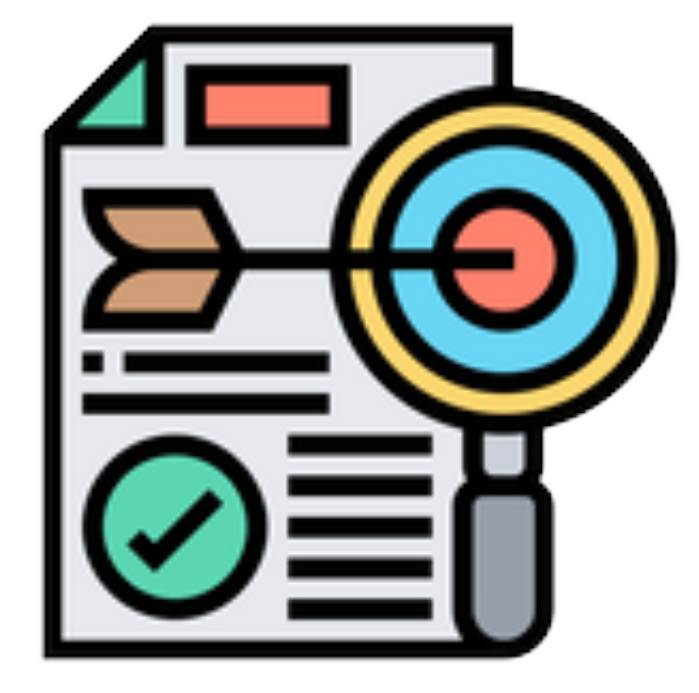

- Faster Analysis: By automating processes and providing intelligent recommendations, users can derive insights faster than ever before.
- Improved Accuracy: AI enhances reliability by leveraging advanced algorithms that account for all external and internal factors influencing data trends
- Accessibility: Reduce technical barriers around data analysis so that a broader set of employees can engage with and derive value from their insights

Competitive Advantages Through AI Integration
The incorporation of AI into BI platforms offers several competitive advantages:
Real-World Applications:
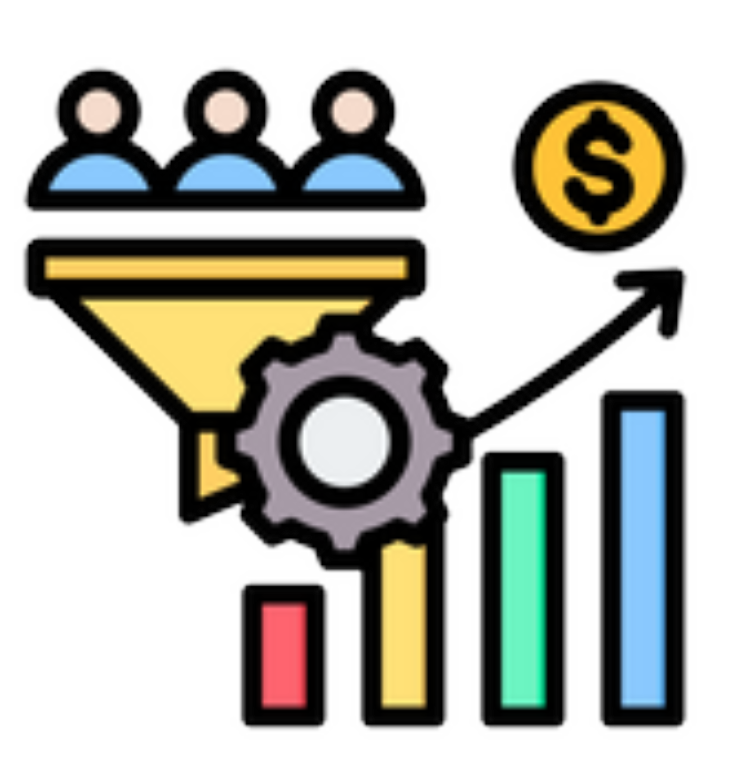

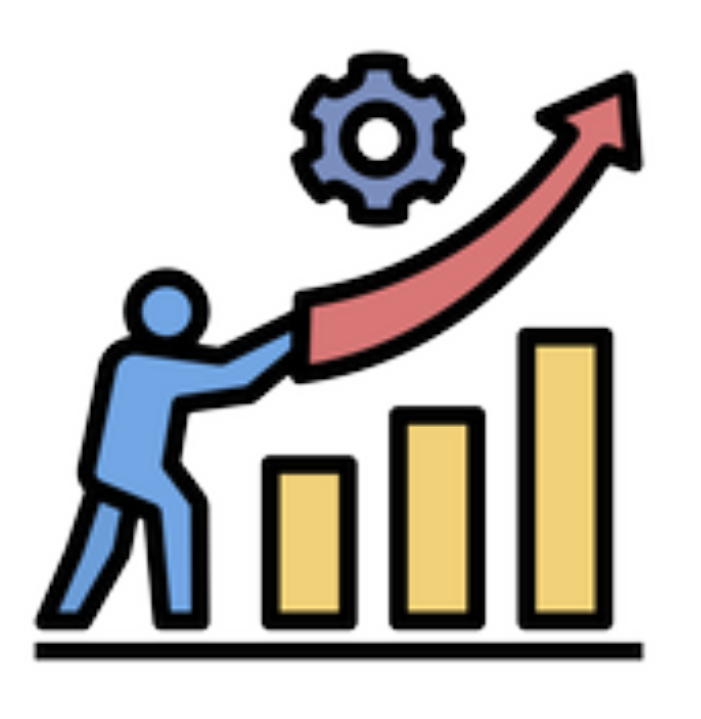
- Sales Optimization: Businesses can utilize predictive models to identify high-value sales opportunities, allowing teams to focus their efforts where they are most likely succeed.
- Marketing Effectiveness: By analysing customer behaviour patterns through AI driven insight, marketing team can tailor campaigns more effectively to target audiences.
- Operational Efficiency: Organizations with the help of predictive analysis can predict their operations and this helps in deploying resources only as needed.
Conclusion
This just might be the moment that business intelligence needed, when AI and Tableau work hand-in-hand. With the progression beyond traditional dashboards to a more self-serving orientation to data insights, companies will benefit from higher degrees of potential value in their datasets. This vision not only improves decision-making but also the data-driven culture of innovation throughout different tiers within an organization.
Request for Services
Find out more about how we can help your organization navigate its next. Let us know your areas of interest so that we can serve you better

